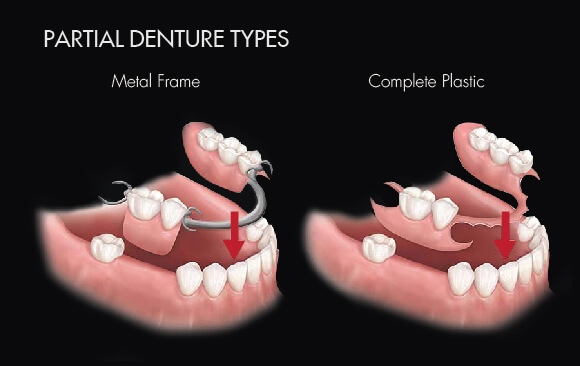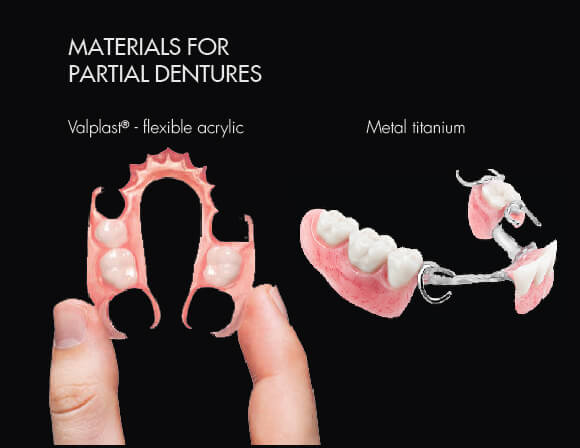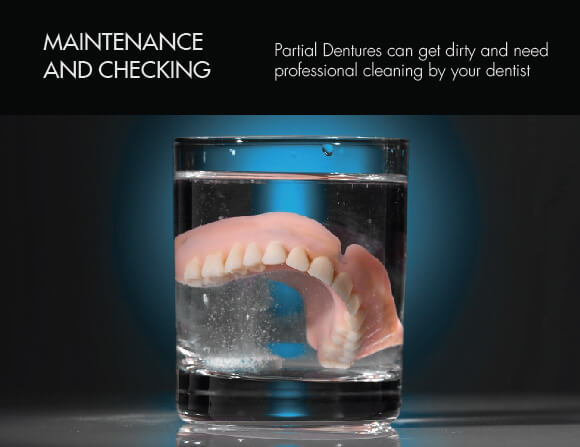Partial Dentures in Vietnam (Part One): Top 10 Considerations for Getting Partial Dentures
What You Should Know About Partial Dentures for Tooth Replacement in Vietnam.
Dentures are among the most recognizable features of dentistry. Many of us remember grandparents who removed their teeth and placed them in a glass before bed. But what exactly are partial dentures?
Partial dentures replace only a few missing teeth. They consist of a plate with one or more false teeth that fit around remaining healthy teeth. They are popular because they are much more affordable than dental implants or bridges. Many people also use them as a temporary solution before getting implants or bridges as a final treatment.

Partial Dentures: What You Need to Know
Partial dentures can provide a big relief for those missing some teeth. Chewing food becomes easier, and speaking improves with practice. Your tongue and lips must adapt to resting against the removable piece of plastic. It might feel strange at first, but with time, most people adjust and speak more clearly and confidently.
Missing teeth not only affect appearance but also the overall function of your mouth. Missing teeth can cause your bite to shift, placing extra stress on the teeth that are still intact. Dentures help restore balance in the mouth, preventing these problems from getting worse.
If you are considering partial dentures, here are the top 10 factors to help you make an informed decision.
#10. You Need Time to Get Used to Them
Like a cast or hearing aid, partial dentures take time to adjust to. At first, they feel bulky and awkward. You should wear them for long periods to allow your mouth to adapt. In a few weeks, they will feel more natural. You will also need practice inserting and removing them smoothly.
Surprisingly, some people never adjust to wearing partial dentures. Poor design or maintenance can lead to irritation or looseness. Some individuals dislike the foreign sensation of dentures in their mouths. Other issues, such as tongue size or speech interference, can also make it difficult to adapt.
If adjusting feels difficult, talk to your dentist about your concerns. They can make modifications to improve comfort, such as refining the fit or shape. Minor adjustments often make a big difference.
#9. Design is Crucial: Ask Questions About It.
Many dentists let the dental lab handle the design of partial dentures. While this saves time, it can lead to problems. For example, improper placement of clamps and supports can affect the fit and appearance.
Ask your dentist key questions about the design. Examples include:
- What kind of partial denture design would work best for me, considering my dental structure?
- Will the denture primarily use my existing teeth for support, or will I need additional features?
- How can the design ensure the denture stays firmly in place without unwanted movement?
If aesthetics matter to you, especially for front teeth, ask: “Will any metal clasps be visible when I smile?” This ensures your dentist delivers a design that feels comfortable and works seamlessly for you.
Proper design is especially important if you plan to wear the denture long-term. A well-thought-out design not only improves comfort but also extends the denture’s lifespan.
#8. If You Stop Wearing Them, They Might Not Fit.
If you don’t wear your partial dentures for a few weeks, they might no longer fit. Changes in tooth alignment can distort the shape of the dentures. If this happens, visit your dentist immediately. Avoid using force to press them back into place.
At Westcoast Dental, we recommend addressing issues such as gum disease, poor bite alignment, or recent dental work first. Do this before investing in new partial dentures. Your dentist will give you clear instructions about how long and how often you should wear them.
You may take breaks from wearing your dentures. If so, try to keep them in for a few hours daily to maintain their fit. Consistency is key for long-term success with partial dentures.
#7. Materials Vary, and They Can Break Without Proper Care.
Partial dentures come in various materials. These include flexible plastics (Valplast®), titanium, cobalt-chromium, and acrylics. The teeth on partial dentures also differ, from inexpensive plastic to more durable ceramic or zirconia. Material choice directly affects cost.
Since partial dentures are removable, careless handling can cause them to break. Popping them in or out too forcefully can damage clasps or teeth. Dropping them is another risk. Always clean your dentures over a soft surface, like a towel or a bowl of water, to prevent breakage.
Proper care ensures longevity. Avoid biting them into place, as this can bend or damage the clasps. Treat them gently to avoid unnecessary repairs or replacements.
Durable materials can extend the life of your dentures. However, consider whether you are prone to accidents or heavy wear. Discuss with your dentist which options offer the best durability for your lifestyle.
#6. Partial Dentures Need Maintenance and Regular Check-Ups
Your partial dentures and natural teeth require regular maintenance. Your dentist should check the supporting teeth for signs of damage from the denture's pressure or movement.
Poorly maintained dentures can cause gum sores. See your dentist for adjustments if this occurs. Stubborn stains may also require professional cleaning. Brush and soak your dentures daily to keep them clean. Use solutions such as Listerine or Polydent.
Brush dentures with a soft, non-abrasive denture cleanser. Toothpaste can scratch and damage the surface. Be thorough, especially on areas touching the gums. Gentle care prevents cracks and extends their lifespan.
Regular visits allow your dentist to check that your partial dentures fit correctly and keep your mouth healthy. As your gums or teeth change over time, you may need some adjustments. Seeing your dentist every six months will keep everything in good shape.
By understanding these key factors, you can make the most of your partial dentures. With the right care, design, and regular maintenance, partial dentures can be an effective solution for tooth replacement in Vietnam.
Stay tuned for our next article to discover the final Top 5 considerations from Westcoast. We aim to help you make the right choice for your dental care!
Read More:
Partners:







